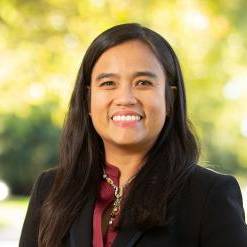Module
Categorical Data Analysis
Schedule:
- 10 July (09:30 – 15:30)
- 11 July (09:30 – 15:30)
About
Questions in social sciences often deal with categorical dependent variables. These are variables whose characteristics are either binary (e.g., attaining a college degree: yes/no), nominal (e.g., ethnicity) or ordinal (e.g., opinion on climate change as an important issue for governments to tackle: disagree, neutral, agree). In this application-oriented short course, we will discuss the theory behind these models, why we need them and how to interpret the regressions results of these models. It will include both taught and practical exercises using Stata-based real-world examples, such as public opinion surveys and country-level cross-section and panel data. By the end of the course, participants should be able to Identify which categorical dependent variable models are best suited to address specific research questions. A good understanding of how to run your own regressions with categorical dependent variables using Stata and how to interpret their results is another important learning outcome. The topics in the lectures will include:
- Introduction to Maximum Likelihood Estimation as a key technique to estimate categorical dependent variables..
- An overview of the most commonly used regression models for categorical outcomes: binary logit and probit, ordinal logit and probit and multinomial logit and which research questions lend themselves to each of these models.
- Goodness of fit for categorical dependent variables. Understanding measures of fit/goodness of fit for categorical dependent variables, i.e., how well do the observed data correspond to the fitted or assumed model.
Software Requirement
No specific software is required.
Instructors
Puspa D. Amri
Sonoma State University, USA
Puspa is an Associate Professor of Economics at Sonoma State University in the US. She also assumes position as a researcher at various prestigious research institutions such as Claremont Institute for Economic Policy Studies and Center for Strategic and International Studies (CSIS). Her research interest covers a wide range of areas, including international finance, macroeconomics and monetary policy, political economy, and the Indonesian economy.
